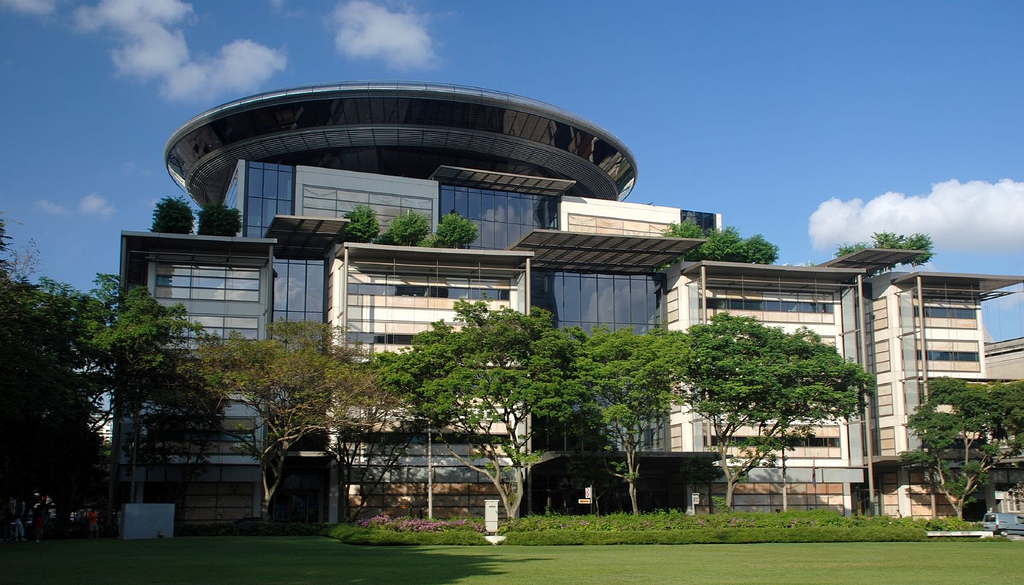The six former City Harvest Church (CHC) leaders will appear before the highest court of the land on Aug 1, according to a report by Todayonline on May 9, 2017.
This hearing was for the criminal reference that prosecutors filed to clarify the law under which the church leaders were convicted. The case will be heard in the Court of Appeal before a panel of five judges – Judges of Appeal Andrew Phang and Judith Prakash, and Justices Belinda Ang, Quentin Loh and Chua Lee Ming – a Supreme Court spokesperson told Todayonline.
A criminal reference is a type of legal hearing before the apex court. It is limited to criminal cases in which a question of law of public interest arises in a High Court decision on an appeal. Such cases are held in open court and the decision of the Court of Appeal on the matter is final.
Earlier on April 7, a High Court decision significantly reduced the leaders’ jail terms for criminal breach of trust. Their sentences now range from seven months to three years and six months’ jail.
In a split decision, the High Court had ruled that the leaders should have been charged with plain criminal breach of trust under Section 406 of the Penal Code, which carries a lower maximum punishment. Originally, they were convicted for criminal breach of trust as agents under Section 409 of the Penal Code.
Prosecutors had proceeded to file a criminal reference to find out whether a director or member of an organisation's governing body who has been entrusted with property should not be considered as “an agent” under Section 409 of the Penal Code. “If the Court of Appeal answers the questions referred in accordance with the Prosecution’s submissions, the Prosecution intends to request that the Court of Appeal … reinstate the appellants’ original convictions under section 409 of the Penal Code and make necessary and consequential orders in relation to the sentences given,” the Attorney-General’s Chambers said.



